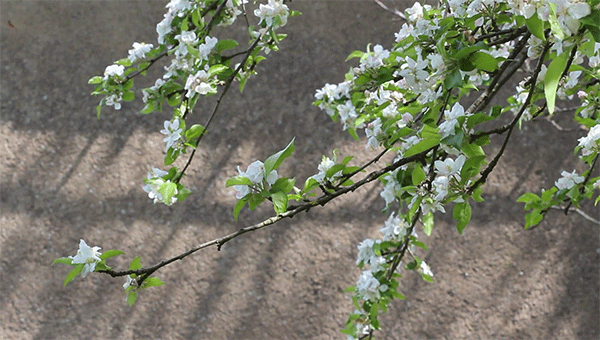
Verse 147: Look at this dressed up body, a mass of sores, supported (by bones), sickly, a subject of many thoughts (of sensual desire). Indeed, that body is neither permanent nor enduring.
- bahusankappam: the body, which is the subject of many thoughts of sensual desire and admiration.
The Story of Sirima
While residing at the Jetavana monastery, the Buddha uttered Verse (147) of this book, with reference to Sirima the courtesan.
Once, there lived in Rajagaha, a very beautiful courtesan by the name of Sirima. Every day Sirima offered alms-food to eight bhikkhus. One of these bhikkhus happened to mention to other bhikkhus how beautiful Sirima was and also that she offered very delicious food to the bhikkhus every day. On hearing this, a young bhikkhu fell in love with Sirima even without seeing her. The next day, the young bhikkhu went with the other bhikkhus to the house of Sirima. Sirima was not well on that day, but since she wanted to pay obeisance to the bhikkhus, she was carried to their presence. The young bhikkhu, seeing Sirima, thought to himself, “Even though she is sick, she is very beautiful !” And he felt a strong desire for her.
That very night, Sirima died. King Bimbisara went to the Buddha and reported to him that Sirima, the sister of Jivaka, had died. The Buddha told King Bimbisara to take the dead body to the cemetery and keep it there for three days without burying it, but to have it protected from crows and vultures. The king did as he was told. On the fourth day, the dead body of the beautiful Sirima was no longer beautiful or desirable; it got bloated and maggots came out from the nine orifices. On that day, the Buddha took his bhikkhus to the cemetery to observe the body of Sirima. The king also came with his men. The young bhikkhu, who was so desperately in love with Sirima, did not know that Sirima had died. When he learnt that the Buddha and the bhikkhus were going to see Sirima, he joined them. At the cemetery, the corpse of Sirima was surrounded by the bhikkhus headed by the Buddha, and also by the king and his men.
The Buddha then asked the king to get a town crier announce that Sirima would be available on payment of one thousand in cash per night. But no body would take her for one thousand, or for five hundred, or for two hundred and fifty, or even if she were to be given free of charge. Then the Buddha said to the audience, “Bhikkhus! Look at Sirima. When she was living, there were many who were willing to give one thousand to spend one night with her; but now none would take her even if given without any payment. The body of a person is subject to deterioration and decay.” Continue reading →




















